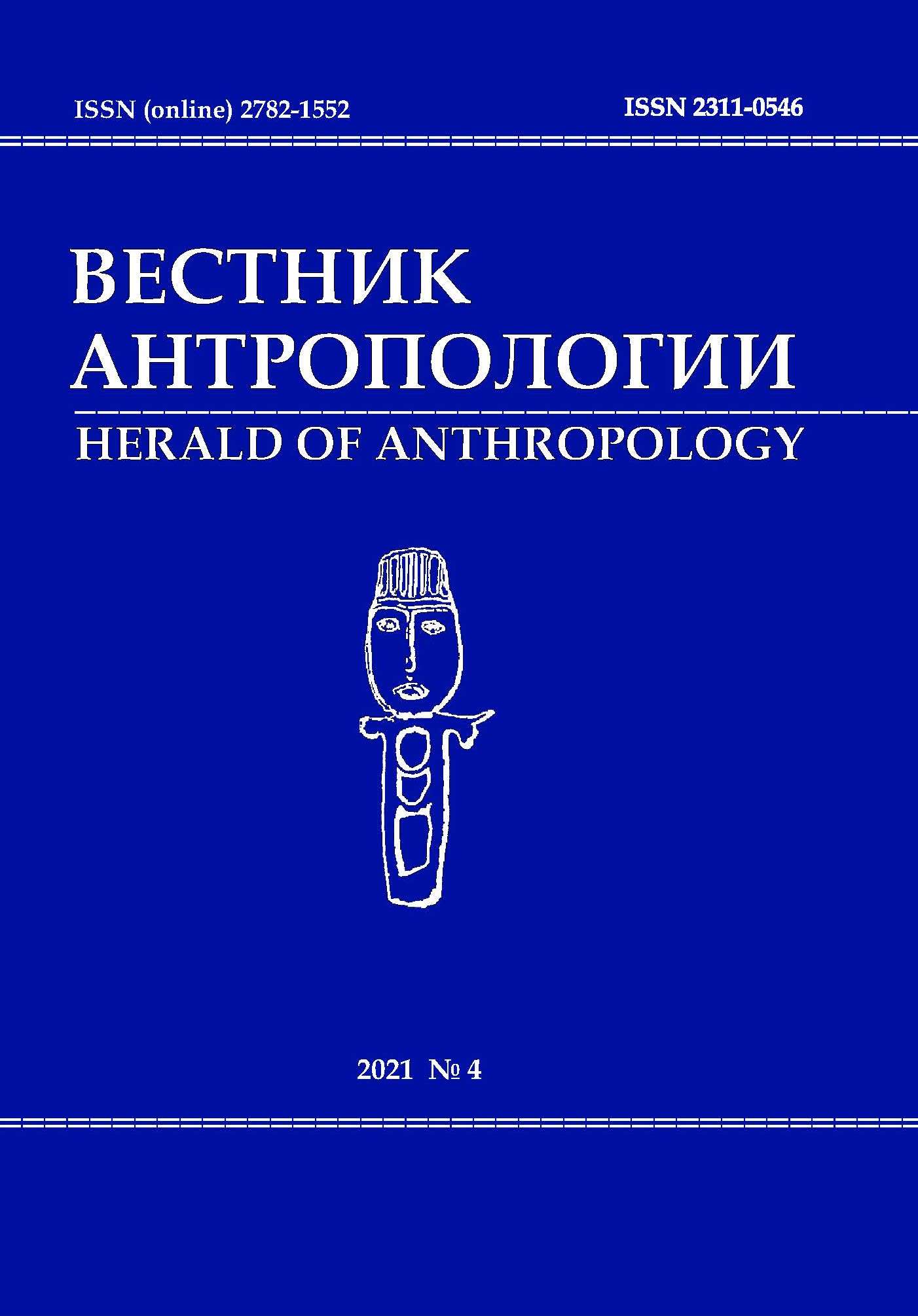Scientific Support of the State Ethnic Policy in the 1990s – early 2000s: Conceptual and Institutional Foundations
DOI: 10.33876/2311-0546/2021-4/7-21
Keywords:
state ethnic policy, scientific support, ethnology, ethnic groups, government, Supreme Soviet, State DumaAbstract
The article examines the institutional mechanisms and conceptual foundations of the scientific support of the state national policy in the post-Soviet period. The need to develop new approaches to the analysis of ethnopolitical processes and improve the mechanisms of scientific expertise was caused by the rise of interethnic tension in the late 1980s - early 1990s. The concepts proposed in the new situation emphasized the significant role of the subjective factor in ethnic identification, the possibility of changing self-identification, and the variability of intergroup boundaries. Emphasis was placed on forming a civil nation that would unite all Russians regardless of ethnicity and confessional affiliation. These ideas influenced important provisions of the fundamental state acts of the Russian Federation - the Constitution of 1993, the Concept of State Ethnic Policy. A number of laws were supposed to implement the new principles, particularly the 1996 Law on national and cultural autonomies. At the same time, heated discussions in the academic community on the nature of ethnicity, the gradual decline of the authorities' interest in regulating interethnic relations made it difficult to build an effective system of scientific support of the state ethnic policy. Significant positive shifts in this area took place only in the 2010s.
For citation: Polunov, A.Yu. Scientific Support of the State Ethnic Policy in the 1990s – early 2000s: Conceptual and Institutional Foundations. Herald of Anthropology (Vestnik Antropologii) 4: 7-21.





















